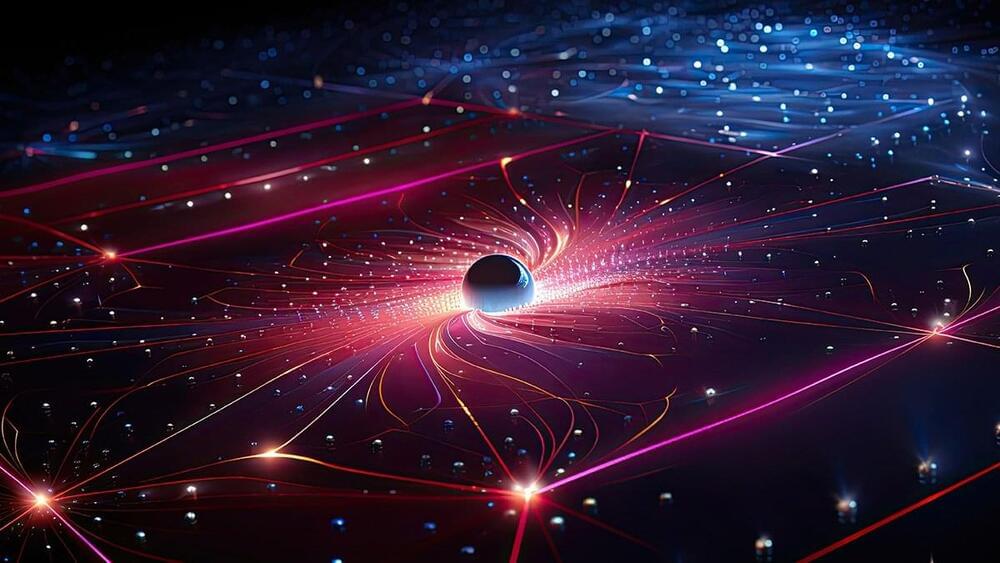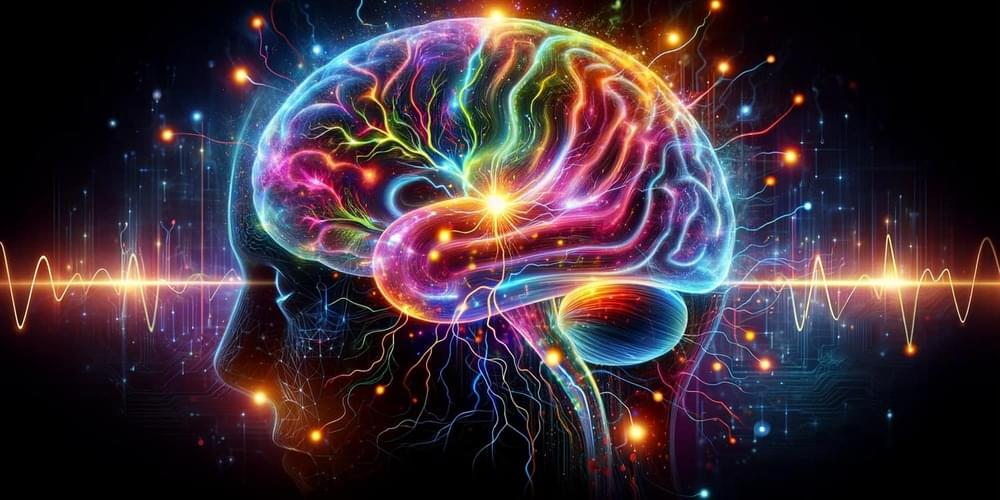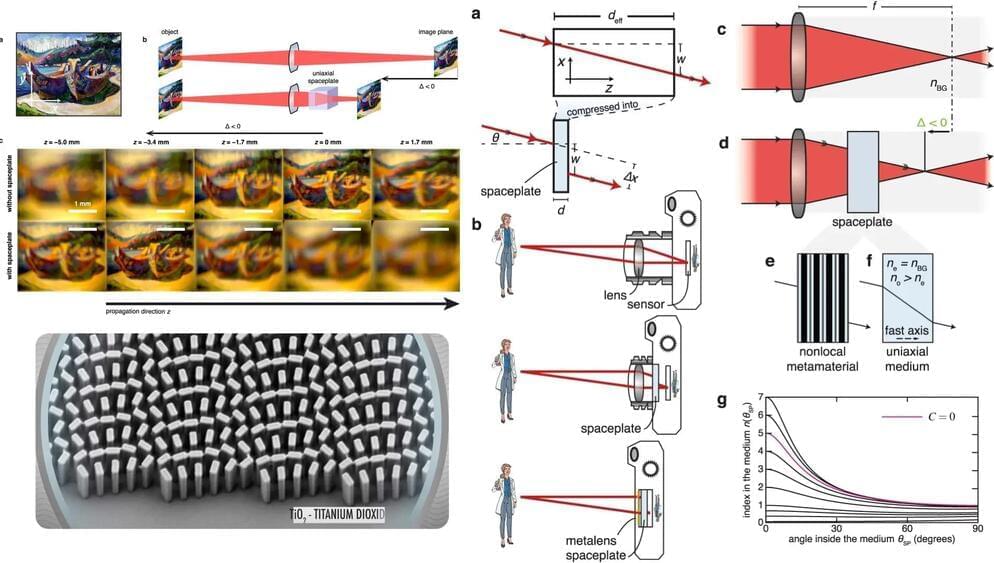A mystery that has dogged materials science for 200 years has finally been solved. A mineral found in many ancient rock formations had stubbornly resisted the efforts of scientists to grow it in the lab, even though they could recreate the conditions they thought formed it in nature. Now, a team has cracked the problem, figuring out how to speedily grow dolomite crystals for the very first time.
Dolomite is a mineral so important, there’s a whole mountain range named after it. As well as these peaks in the Italian Alps, dolomite is abundant in the White Cliffs of Dover, the hoodoos of Utah, and other rocks dating back more than 100 million years. It actually accounts for almost 30 percent of minerals of its type – carbonates – in the Earth’s crust, but it’s notably absent in rocks that formed more recently.
Despite trying to carefully recreate its natural growing conditions, scientists have failed for two centuries to produce dolomite crystals in the lab. To solve the mystery, they had to get back to basics.







